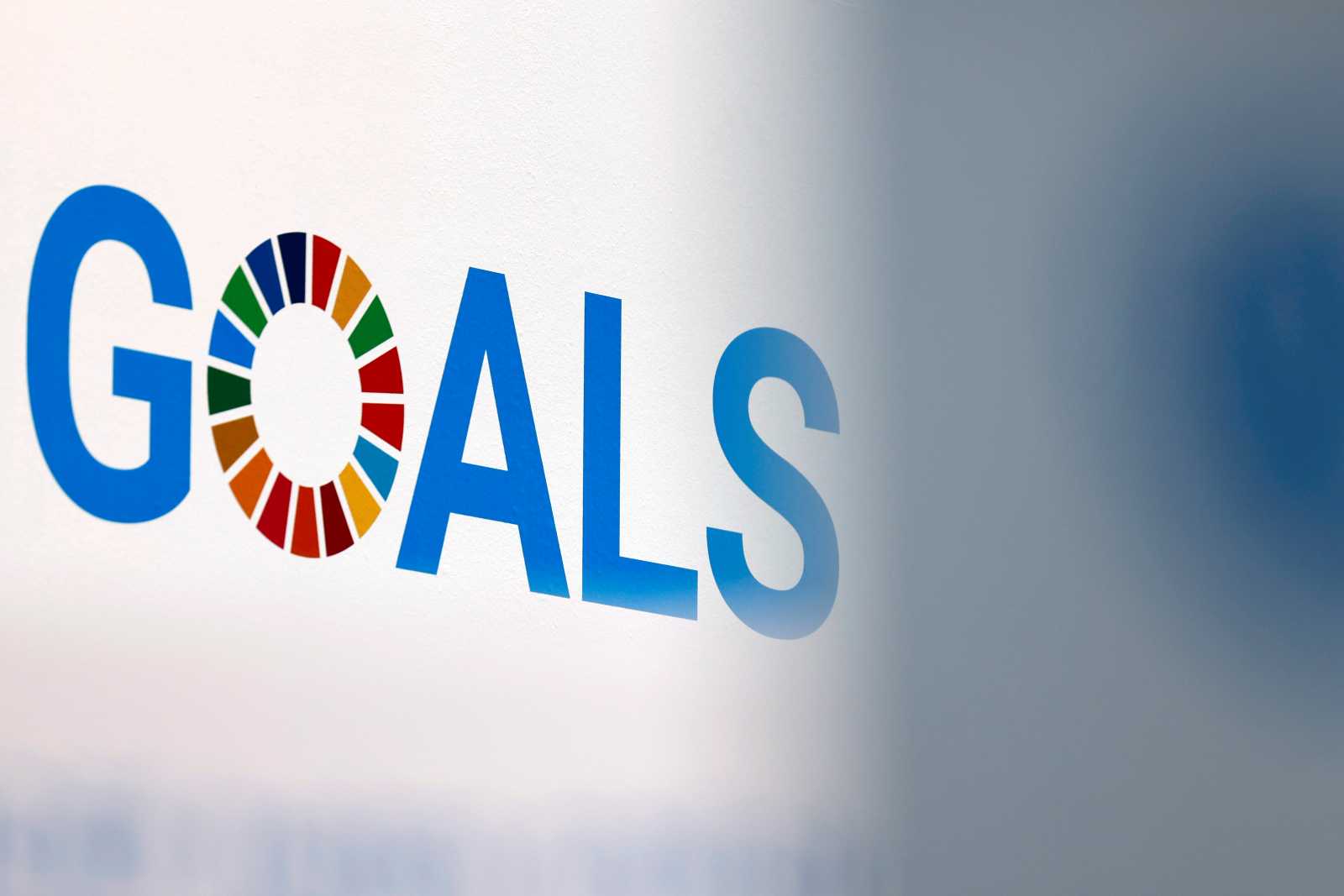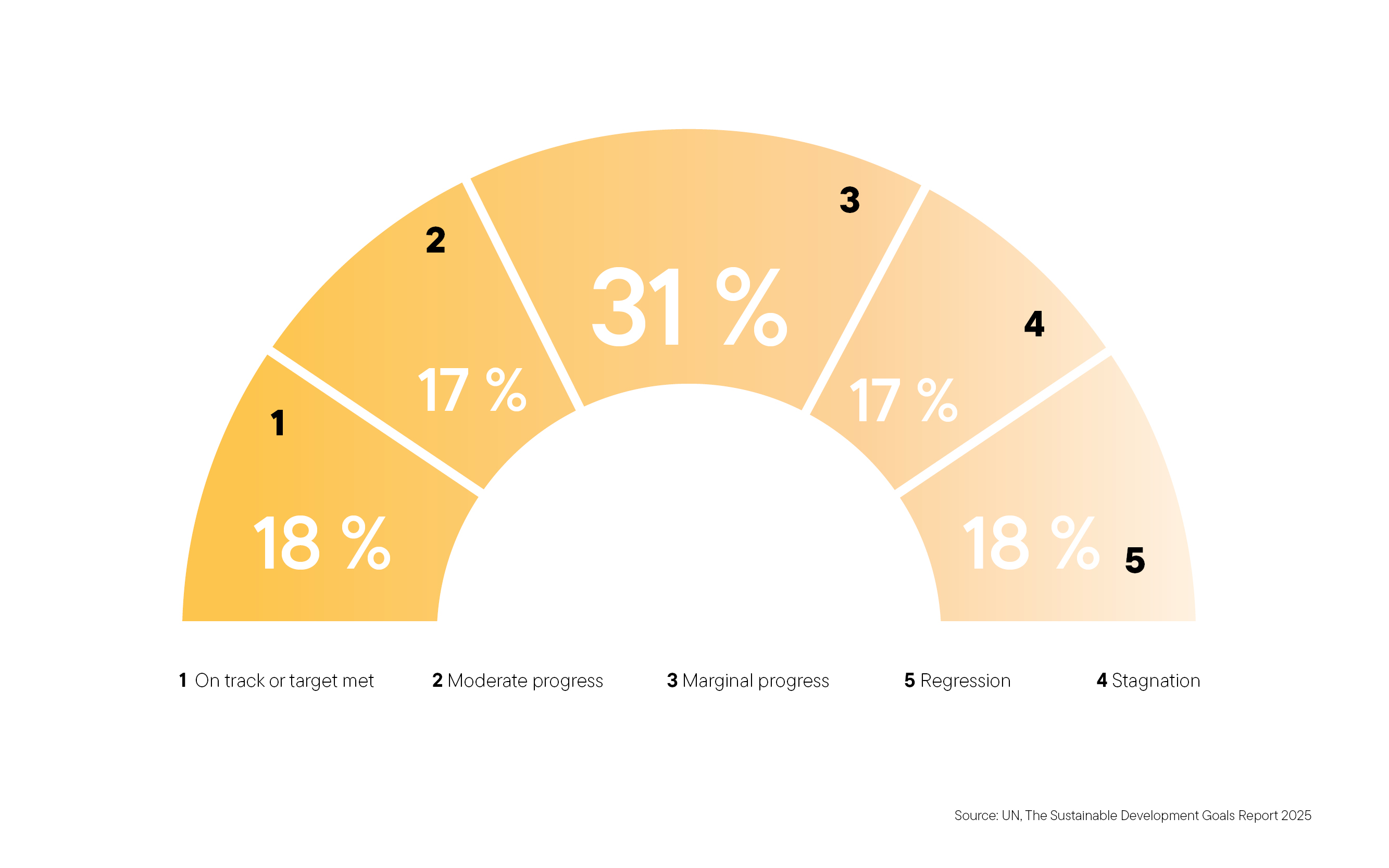Aid effectiveness
Well intended, yet harmful
[ By Jeffrey Matuella ]
In 2010, a project team from the University of Virginia (UVA), that worked with the city government and a local university in Bluefields, Nicaragua, made a surprising discovery: When they tried to establish a ceramic water filter enterprise to combat the problem of contaminated drinking water, the UVA team learned that the local institutions in Bluefields did not wish to take a leadership role in this initiative – despite frequently affirming their sincere interest. The team discerned that the underlying cause of their failure to effectively engage the local leaders is the current system of international aid and economic development.
Our story starts with a UNICEF project in Nicaragua. At the request of the Nicaraguan Ministry of Health, UNICEF began distributing free ceramic water filters to a small group of people in Bluefields. Even though a perfectly effective water filter is manufactured in western Nicaragua, and instead of laying the groundwork for a self-sustaining filter business in Bluefields itself, they decided to import filters from the USA (In a letter to the editor in February, UNICEF denied this assertion and other ones made in this essay, please note box below).
Though about half of the filters broke during transportation (Siu, 2010), UNICEF can now claim that it made clean water available to many people in Bluefields who otherwise would not have had it, simply by sending the filters as a gift with little responsibility or commitment. The downside is that UNICEF gave the people very little incentive to actually use the filters. People value things in proportion to the sacrifice they invested to obtain them. The filters were likely perceived to be worth exactly what the recipients paid in effort and money: nothing.
UNICEF, moreover, did not accompany the filter distribution with extensive health education. But convincing people that they indeed have a problem has always to be the first step to solving that problem. In the language of marketing, this is demand creation: Since the beneficiaries initially have no perception of the problem, there is no inherent demand for the solution – so demand must be created through intensive educational efforts.
This project did not empower the local people the way it should have. Depressingly, projects such as this one are typically well-intentioned and seem to solve problems with admirable results in the short-run. They are harmful nonetheless.
The UVA project team in Bluefields discovered that the ubiquity of such projects poses a real obstacle to the adoption of programmes designed to do more. It is easy to dismiss the lack of community’s interest in taking a leadership role on ceramic filters for safe drinking water as “laziness”. However, the point is that the leaders in Bluefields acted in a perfectly rational way that was in line with their experience of reality.
In the past, whenever there was a large development need in Bluefields, there usually existed a capable international NGO or agency that was willing to fund and implement a solution. With limited resources at their disposal, what would be the local institutions incentive to accept a proposal in which they must commit those resources – when there are other development agencies generously offering a solution at no cost or with highly advantageous financing?
Accordingly, what at first glance appears to be laziness of the leaders of Bluefields, is in reality what sociologists call the “min-max” principle: they do not waste time and effort investing in low-payoff activities and instead concentrate on gaining the greatest benefit from the least effort. They look for schemes that do not demand input from their side, and that attitude has been reinforced by experience.
The problem is that this attitude thwarts more serious developmental efforts. Bluefields, for example, would have normally been a promising market for Potters for Peace. This US-based initiative trains potters to produce ceramic filters (see Balthas Seibold and Phillip Winter in D+C/E+Z 2010/4, p. 170f.).
Kiln troubles
Bluefields is not an isolated case. In Nicaragua’s La Paz Centro area, USAID implemented the “Cuenta Reto de Milenia” project, building more than 30 pottery kilns. The project leaders neglected to ask the people if they wanted or needed the kilns. They did not inquire what firing methods the people currently used and what firing knowledge they had beyond that. They did not take into account that the artisans in this community had traditionally worked individually or with immediate family members.
The project introduced an oversized kiln design in the hope that people would willingly collaborate and share this resource with their neighbours. When people raised objections concerning the size and design of the kilns, they were kindly told that if they did not accept what was offered then there were other people in the community who would. Since this kiln was part of a complete “goody-bag,” the people who did not accept it would not receive the other promised benefits either.
The kilns meant a significant technological advancement for many of the recipients, but after they were built, no one came and taught the users how to fire them. One family had to buy a second ox-cart full of wood in the middle of the firing process because it unexpectedly consumed so much. Another man said he never even fired his kiln because he was discouraged after talking to someone who spent 24 hours running through the firing process. Another recipient said it takes two months for his entire family to make enough products to fill their enormous kiln. One by one, beneficiaries of this project are now turning to Potters for Peace for help to rehabilitate and operate the kilns.
Once again, this project was about local leaders accepting an offer that seemed to deliver maximum results for minimum effort. Obviously, too many agencies still do not pay attention to the socioeconomic context they are operating in. No doubt, consulting and strategising with local leaders and institutions should always be done before a development plan is finalised and agreed upon. This is necessary to encourage a sense of ownership among the beneficiaries. Aid agencies and NGOs should always
- listen to the local peoples’ perspective on the biggest challenges facing them and their understanding of the problem,
- actively engage the local people to contribute ideas and plans of their own to surmount the issues that they themselves have identified,
- wherever possible incorporate some of the locals’ ideas into the master plan,
- give incentives to the local people to become active and committed.
International organisations should never release full funding at the beginning of a project. The local people will be more motivated to assume roles of leadership if most of the funds are released later on the condition that the locals met periodic benchmarks designed to prove their commitment, competency, empowerment and, ultimately, the sustainability of the initiative.
Foreign governments and NGOs should make the practice of freebie development – otherwise known as “charity” – more difficult by establishing specific and limited circumstances under which that type of aid is acceptable. Extensive evaluations of the ability of a developing area to contribute to its own development should be conducted before any project begins, in order that appropriate self-help benchmarks can be set according to the peoples’ standard of living, wealth, and health. Doing so will help to channel financial and human resources to areas where they will be most productive, most helpful and most sustainable.







